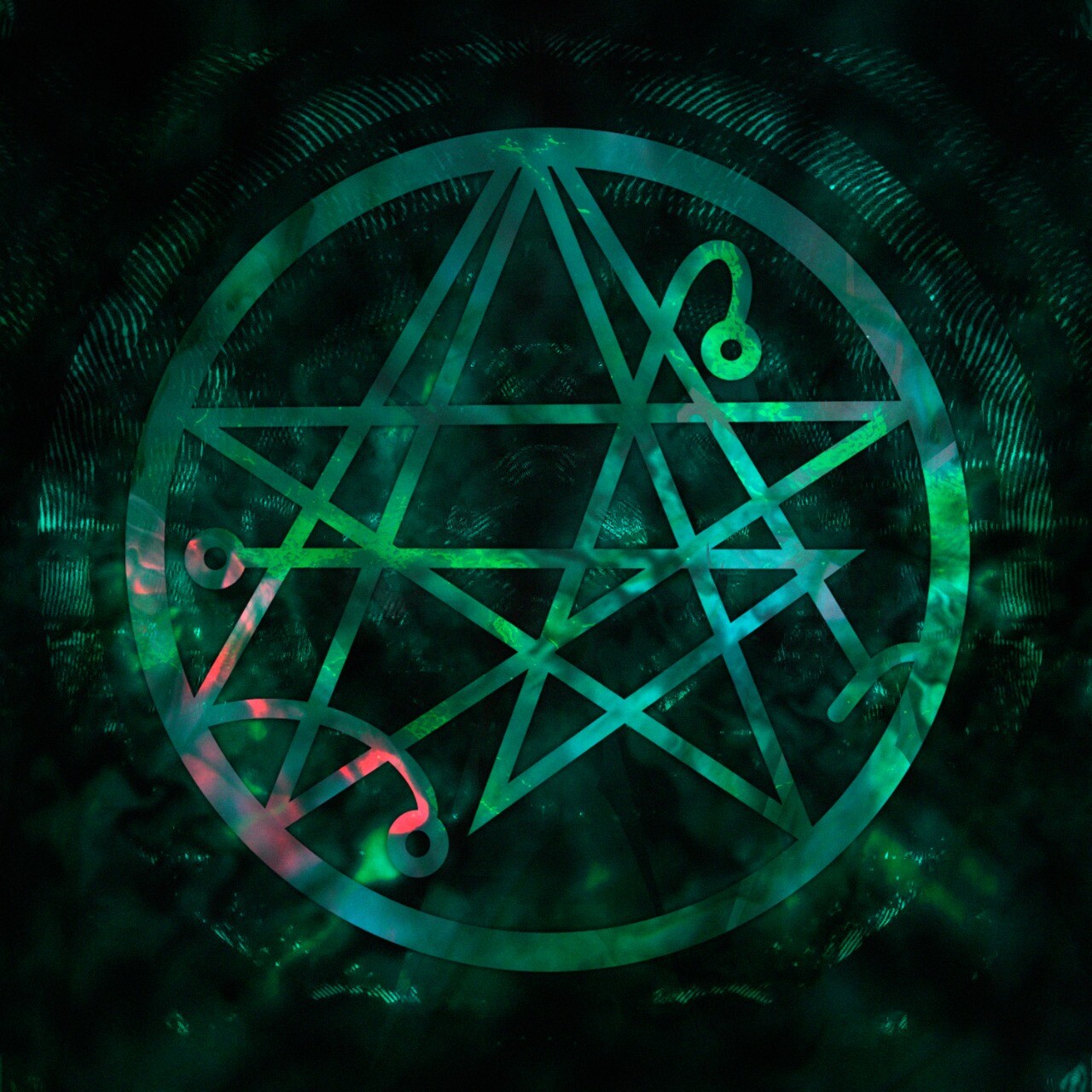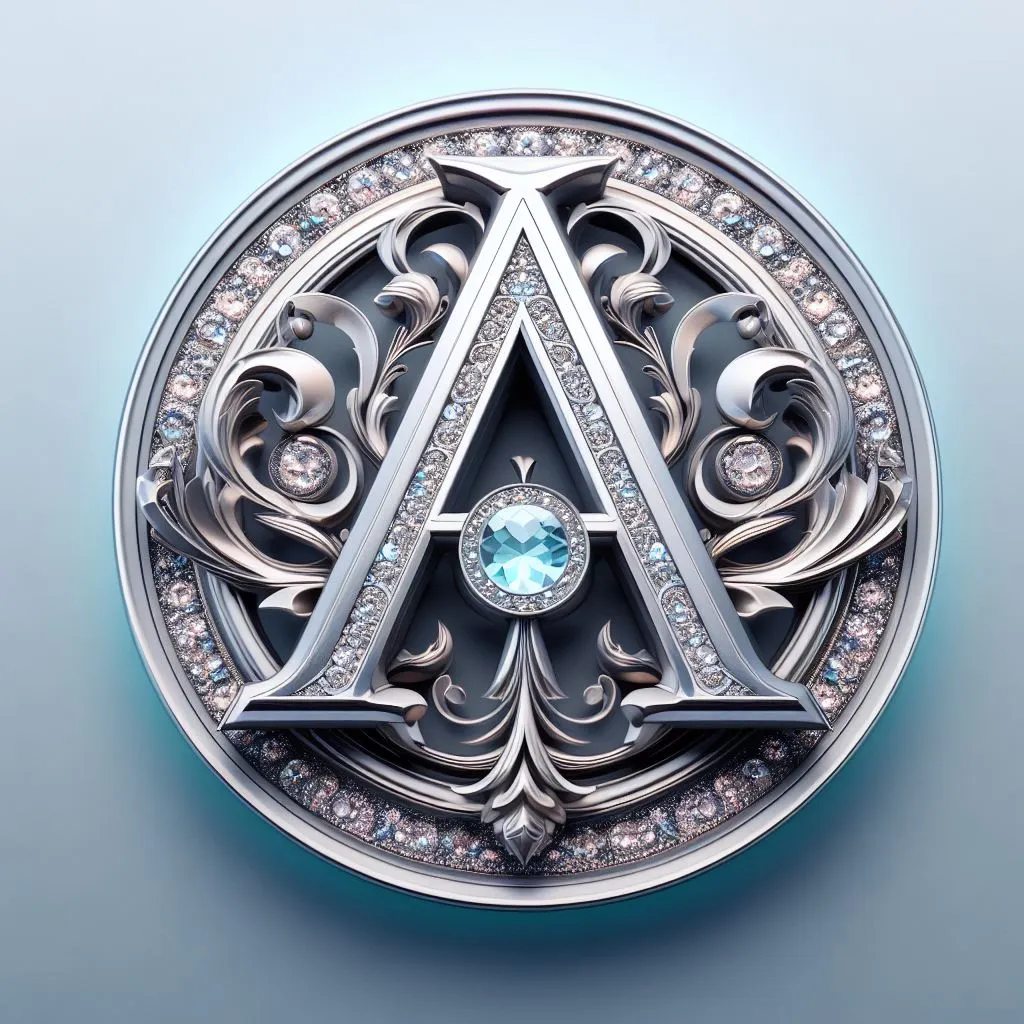I’m picking “Colonel” needs to be respelled to match how it’s pronounced.
Try to pick a word no one else has picked. What word are you respelling?
In this thread, a lot of folks who would use their one wish to make the language better.
But I would change “their” to be spelled “the’re” and pronounced “all’y’all’s”.
I hope I do grow up to be more like the rest of you, and make better choices, in the future.
People like you being in charge is how English got to this position in the first place!
Your rite, and I regret my choices.
twitch
I would expect nothing less, MajorHavoc 🫡
Nesscary
…Neccisary
…Neseccary
Fuck it, it’s now “Nesisary”
“Needed”
Do the needful.
Required
English is a second language to me, and at this point it’s probably the only commonly used word I consistently mess up. It usually ends up something like ‘nessecairy’
Totally understandable, one of a handful of English words that I both know are spelled “wrongL and also have to put conscious thought into spelling before I write it.
Ironicly, “conshus” one such candidate for me.
Can never remember how to spell this absolute fuckery of a word. I concur.
English is my second language, but I’ve always remembered it by “one cardigan, two socks” necessary
That’s so weird. I’m dyslexic and all but this word is very much common sense for me. Maybe because I’m a polyglot and in Italian it’s necessario?
That’s a bit unesesary
Necessary is literally spelt how it’s pronounced though.
spelt how it’s pronounced though
I’m not sure you meant this as a joke but it is funny.
Learning yet another irregular pronunciation because some N-hundred years ago their majesty Shithead von Cunt wanted to sound fancy and everyone just played along is not funny.
cries, not knowing how to properly pronounce most English words
Necessary? I would have never thought of any of those weird spellings. It’s spelled like it’s said lol.
wait was it nesisary or nesusary.
nesesary? nesasary? nesysary?
Nesree
English orthography is awful. Hard “c” AND soft “c”? Are you crazy? How about that “k” that is already the hard c sound? It should be “kat” and “kar”. And it only goes downhill from there (or their?!?).
We should clean it up someday. But we’ll probably end up with LOL-WTF-speak.
Some of the low hanging fruit would just be to pick one pronunciation of “oo” and stick with it:
- book
- blood
- floor
- brooch
- boot
The problem is that English has far more vowel sounds than vowels. And that’s without even having certain sounds that are common in other languages like “ü”.
Linguistics would teach that it is the orthography that is flawed. The English language has many vowel sounds, more than most languages. But as you demonstrate, the orthography “lumps” many of them together. Which, again, is why I think English orthography is awful.
There’s a great article at Wikipedia, scroll down to the “Vowels” section: https://en.wikipedia.org/wiki/English_phonology
There’s a link the the article above to this page, which I don’t suggest viewing on your phone. It has a great effort to document vowels across dialects of English, scroll down again to the huge table: https://en.wikipedia.org/wiki/International_Phonetic_Alphabet_chart_for_English_dialects
Be careful, the linguistics “rabbit hole” is deep (but fascinating)!
Thanks, I really like the IPA and I wish it were something that was taught in high school. It would be great if people were competent at reading it and could maybe use it to explain how something sounds. It’s hard enough that English has such flawed orthography. Then you add the fact that there are dozens of English dialects and it only makes things more complicated.
Do you know about Dr. Geoff Lindsey’s YouTube channel?
I do not know about that channel. I will check it out, thanks!
His topics are really interesting, hope you enjoy them like I did.
It’s not all bad. The varied spellings of English help with visual pattern recognition and increased reading speed.
That must have already happened and we got the Geordie accent from it!
Macabre. Why do you need two silent letters?
Just change the entire french language while you’re at it
Blame the French.
Please wait in the queue with four unpronounced letters
I always pronounce this “quayway”
What you spelled there would be pronounced key-way haha
British English voices those letters in most accents. I think the two silent letters is just a North American thing.
Similar to herb.
Not saying you’re wrong at all, it’s not exactly a common word to hear said out loud. But I’ve never heard anyone do this and the very idea of it blows my mind.
(NE England, here)
The last syllable is usually pretty subtle, like the br- in bread, but very quietly voiced. I’d say I hear it maybe 75% of the time I hear the word. Currently in Yorkshire, via SW England, London and NW England. The syllable is a lot less subtle in a West Yorks accent!
Did you learn French at GCSE level? Possibly there’s a relationship between that and pronouncing the re like that in French-derived words. Cadre is another example. If it is related to learning French, then it’s probably on the decline as French teaching is on the decline and foreign languages are no longer compulsory at GCSE.
Clearly I need to work this word into more conversations with people and listen closely! That said I only just found out recently that most of the country pronounces the middle weekday as “Wensday” so contrary to stereotypes I think we might be the ones talking properly up here 😉
(schools around me were generally an even split between French and German for GCSE, dunno how that affects your theory, also I had no idea languages were going away from school and this makes me sad to learn)
Why use a French word then?
Ma-carb, much better
Wait how is that pronounced? I’ve always read it as Mah-Ca-Burr. It’s one of these words I learned through text exposure rather than English classes…
“queue”, 4/5 letters are silent.
Comfterble
Kumfirtubble
But saying “com-fidi-ble” is so much more fun
Arkinsaw
“Arkansas” and “Kansas” are both from the Osage language, but the former passed through French on its way to English.
i’m from somewhere in europe and always wondered why you guys would pronounce those two so different!
America has a lot of place names that come from Native American / First Nations languages; but they also come via different European languages.
And some of those names are actually words that refer to a different Native group. “Arkansas” and “Kansas” are from the Osage word for the Quapaw people. The name of the Snake River between Oregon and Idaho is a translation of the name that Plains people used to refer to the Shoshone: they were the “snake people” and that wasn’t a compliment.
I’ve heard that, but “Ar Kan Saw” is nothing like how a French person would pronounce “Arkansas”
That is interesting. Do you have a source?
In Spanish they do rhyme and their endings are pronounced the exact same, as in Kansas. I was greatly puzzled when I discovered that the French managed to mangle the name Arkansas that badly back in the day
deleted by creator
It’s the pirate Kansas.
2010 Arkansas Code Title 1 - General Provisions Chapter 4 - State Symbols, Motto, Etc § 1-4-105 - Pronunciation of state name.
Be it therefore resolved by both houses of the General Assembly, that the only true pronunciation of the name of the state, in the opinion of this body, is that received by the French from the native Indians and committed to writing in the French word representing the sound. It should be pronounced in three (3) syllables, with the final “s” silent, the “a” in each syllable with the Italian sound, and the accent on the first and last syllables. The pronunciation with the accent on the second syllable with the sound of “a” in “man” and the sounding of the terminal “s” is an innovation to be discouraged.
Brit here, I only realised a couple of years ago that the Arkansaw I heard mentioned in American TV and movies was actually the Arkansas I could see on maps. I think it was something said on Reddit, probably a thread similar to this, that was the revelation. And when I tell other Brits they’re invariably similarly clueless, and quite gobsmacked. I’m not sure if anyone I’ve mentioned it too has said “oh yeah I knew that”.
Since Queue has already been posted: Quay. Now spelled Kee.
You and I pronounce ‘quay’ very differently.
How do you pronounce it? I had some American tourists ask me for directions to the “kway” before. Only time I’ve ever heard a different pronunciation.
I’ve always heard it pronounced kway… Is that wrong?
I can’t say really. Where I live (Ireland) it’s definitely pronounced “kee” but where you live “kway” might be correct. Fascinating stuff!
That’s wrong, even in the US.
It’s pronounced kway in a Pavement song.
It’s pronounced “kaye” in a Pogues song, but songs aren’t a good indication of pronunciation…poetic license reigns.
Hell, “reigns” is another candidate word.
In my dictionary spelling is [ki:] so like “kee”
Quay is one of those words like bowline or boatswain that’s commonly mispronounced because people see it in writing without hearing it said. Bowline “properly” rhymes with pin, and boatswain sounds like bosun.
A similar thing happened to solder in Britain, where it originally had a silent l as a nod to its Latin etymology, but some people started pronouncing it.
kɛɪ 🤷
relevant username
I just wish we spelled things in a more German-‘esk’ fashion. They use K more appropriately. Examples such as “panik” and “akkordeon” for accordion. I find their spelling to be more straightforward and sensical.

Worcestershire
Thou shalt spell the word “Pheonix” P-H-E-O-N-I-X, not P-H-O-E-N-I-X, regardless of what the Oxford English Dictionary tells you.
feenicks
Fenix, like the dude from StarCraft?
Oasis, just a band
The Beach Boys? Just a band.
Nirvana?
Dan Le Sac - sweet reference.
Thou shall not wish your girlfriend. Was a freak. Like me.
Wednesday to Windsday or Wensday.
Ressepee
I like this one because I instantly knew what word it was despite it having a brand new spelling. Almost like letters should have meanings.
I was wondering if Reese pee was liquid peanut butter for a moment.
English isn’t my native language. I thought for years (and I’m talking of 10+) it would be pronounced “ree-sipe”.
Re-ci-pe… yeah that’s just how yoy read it.
Aisle should become something like ile.
Oh boy, a word wouldn’t be enough.
I would make English as consistent as Spanish is regarding phonetical consistency, or even more.
Oh, you have never seen this word ever before and you don’t know how to pronounce it? No worries, these universal rules will allow you just get it right, because letters always sound the same!
“Spanish regarding phonetical consistency”
Checking in from Oaxaca
I dunno, Oaxaca seems pretty straightforward. oa is pronounced kinda like “ua”, I guess, but midword x is usually a “hh” sound anyway so that’s the only slightly weird thing.
Fun fact, the Spanish X used to be pronounced like the Greek χ, which is why Meχico, Teχas and Oaχaca are pronounced the way they are now in English (formerly like a “kh” and now like a “ks”)
To be honest, that was barely fun
I mean knowing romance languages makes spelling in English easy. Also knowing something about Greek and Latin. Understanding the root of a word etc makes it a lot easier.
Right about spelling. For a non-native, it becomes somewhat difficult when it is about the “right” pronunciation of the written language. There’s a lot of French influence for example. Now they have a lot of French words, some feel horribly mispronounced and some aren’t. And then there’s a lot of dialects so that mixing pronunciations can hardly be avoided.
English is pretty good (generally) at doing the same thing.
Y’all are just bringing up words that English stole from other languages.
You can use phonetics to figure out how to pronounce most words in English.
We just really wish when we stole them we changed the spelling to match the pronunciation if we wanted the pronunciation to stay the same of where we stole it from.
The amount of words that are not “stolen” from other languages is neglible…
Cat from German Katze, from Latin catta
Car(t) from German Karren
Kitchen grom German Küche
Bike/Bicycle from French bicycle
Leaf from German Laub
Beef, mutton, pigeon from French boeuf, mouton, pigeon
Cow, sheep, dove from German Kuh, Schaf, Taube
Computer from Latin computare
Sun and moon from German Sonne and Mond
Lunatic from Latina luna
Death from German Tod
Snug from Norse snøggr
Funny from Swedish fånig
Breeze from Spanish brisa
Ranch from Spanish rancha
Brave from Italian bravo
Arcade from Italian arcata
Dildo from Italian diletto
…You may like this essay on why English has weird spellings. Think technological timings.
https://aeon.co/essays/why-is-the-english-spelling-system-so-weird-and-inconsistent
The problem with defending the purity of the English language is that English is about as pure as a cribhouse whore. We don’t just borrow words; on occasion, English has pursued other languages down alleyways to beat them unconscious and rifle their pockets for new vocabulary.
–James D. Nicoll
The only one they changed is the double l. ll to sounds like a y. But in some circles they consider that a seperate letter to the Spanish alphabet. Overall it is fairly consistent.
Even better, Spanish words are typically broken into two (or is it to or too) letter syllables.


















